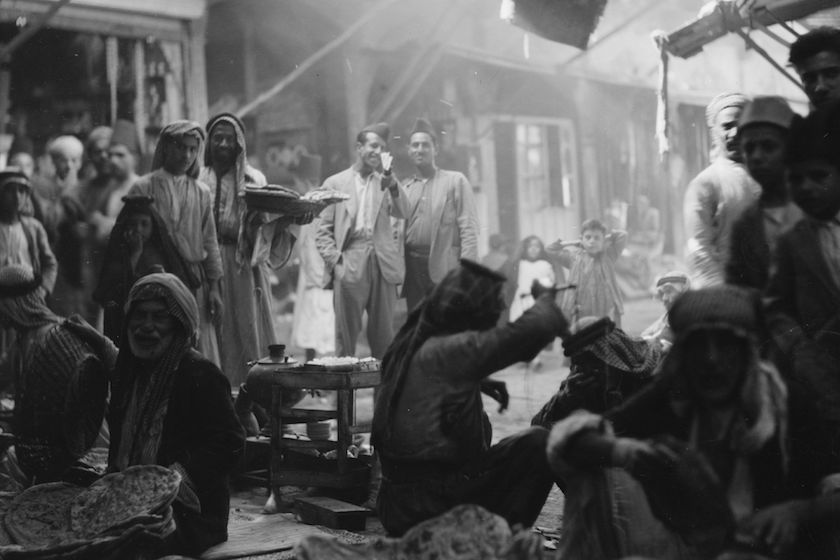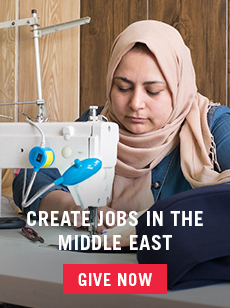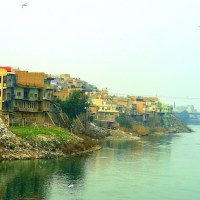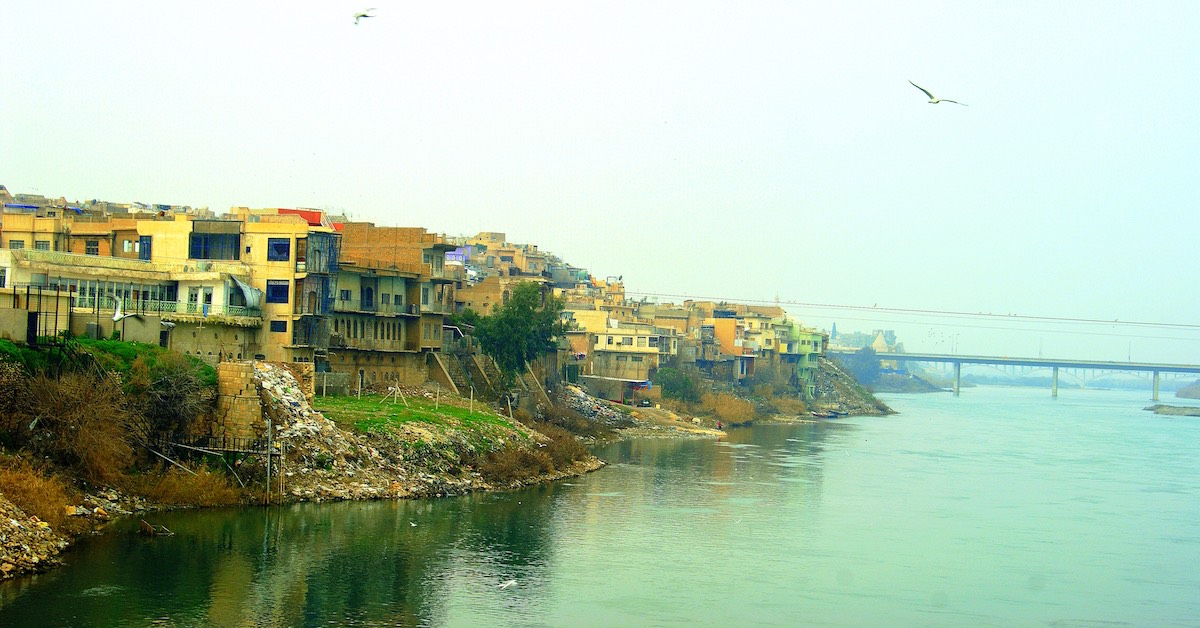Once upon a time, there was a foolish voice inside my head that whispered that I could forgot about my hometown, that Mosul could be left behind just because I packed my bags and went. That foolish voice is gone now.
The third year of my displacement is about to end and I still travel the Mosul of my memories, visiting the alleyways, the schools and the houses that I knew for 40 years.
Mosul is nothing like the charmingly small Norwegian city where I now live with my family. Mosul, one of the most vibrant cities in Iraq for decades, has been through a succession of tragedies, from bizarre Baathist wars to cloying suffocation as a result of cruel terrorist acts. Schools are closed now, the economy is failing, cinemas and theaters are shuttered, and all of the city’s women are trapped inside tiny prisons made of cloth.
In Mosul, death is the penalty for even the smallest violation, just for thinking the wrong thought.
But still my homeland pulls at me. Invisible wires keep me in its orbit. Iraq is still the essence of my adult life. Everything else is just layers of reality piled, one on top of the other, thanks to circumstance.
I wonder sometimes: Was it a mistake for us to allow this to happen to our city, and then just turn our backs and leave?
Still my homeland pulls at me. Invisible wires keep me in its orbit. Iraq is still the essence of my adult life. Everything else is just layers of reality piled, one on top of the other.
For a long time, I thought I might be one of the few people from Mosul suffering from the giddiness caused by the diaspora, one of the only ones who has found that the umbilical cord between a city and its sons and daughters can never be severed.
I realized I was mistaken when I attended a reading in Oslo by the Iraqi author, Mohammed al-Mufti, also originally from Mosul. The writer has been in Norway for 17 years. But it seemed to me as though he had just recently arrived from Mosul, carrying with him the smell of the Bab al-Saray market a few minutes before the Iftar cannon [announcing the end of the daily Ramadan fast].
From his hands, I saw forest pigeons fly and the butterflies that gather on the spring plains. In his eyes were the tears of displaced families, living in camps filled with grief, and of those in prisons or taken hostage by ISIS.
 Mosul, 1930s
Mosul, 1930s
With all the enthusiasm of a revolutionary preaching, al-Mufti taught me that “home” is not just a word on a wall or in a book. It is stamped on our foreheads, hidden in our hearts. And wherever we go, it goes with us.

Like a shy student speaking to a professor, I asked, “Will you return to Mosul one day, if peace prevails?”
He thought a moment before answering, then said, “Well, I would have to leave it first, before I could return to it.”
I felt like I’d crossed a line, that I was asking too many personal questions. In Norway, one doesn’t ask strangers about their private lives. Conversations mostly focus on weather, holidays, food.
But al-Mufti ignored those conventions when he said, “We must pay back our debt to Mosul.”
He saw the question mark on my face and explained further:
“We should keep Mosul in Iraq. We must block the road to anyone who wants to separate the city after it is liberated from ISIS. Politicians are holding press conferences and seminars and promoting this project in the media—but without consulting the people of Mosul itself, who are isolated thanks to the absence of phones, internet and satellite TV.”
“But wouldn’t separation prevent the kinds of things that have happened in Mosul for the last two years from happening again?” I asked. “The kinds of things that had happened as a result of Baghdad’s negligence, when violence spread like a cancer?”
Al-Mufti silently by put his hand on my shoulder.
“Transforming Ninawa into a number of smaller provinces, split along ethnic or sectarian lines, carries a future threat,” he said. “This is not a solution because all those groups—the ones that would run these imagined provinces—have deep wounds. And that enmity will continue.”
I felt the distance again as I tried to separate my hopes for my home from reality. When one crisis ends in Iraq, another begins.
“It all depends on what the people decide then,” I argued. Paying the debt to our city requires us to stand with our neighbors as they make that decision for themselves, instead of letting others decide for them. We should listen to their voices and make the whole world listen too. We should support them.
Al-Mufti nodded in understanding. I felt those invisible wires pull at me again.
“The people should search for the things that united them in the past,” I said, “the things that made the church bells ring in Mosul, alongside the takbeer [call to prayer] coming from the mosques, the things that made Arabs, Kurds, Turkmen, Yazidis and Shabak able to live alongside one another.”
Al-Mufti smiled at me, looked me in the eyes and then asked: “Will you return to Mosul one day, if peace prevails?”
I smiled back at him: “I would have to leave it first, before I could return to it.”
This post was adapted from an article originally published on Niqash.org.


